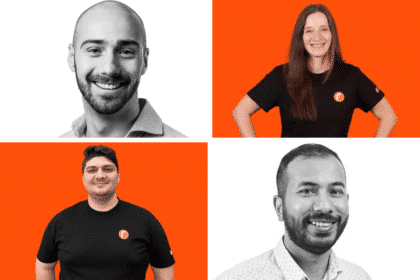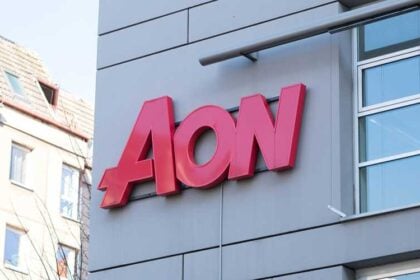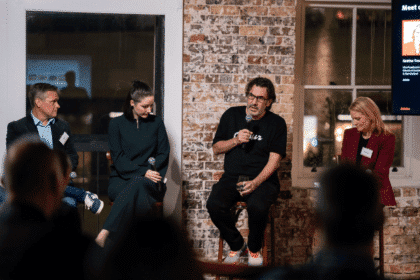In the last decade, Coke’s market share has risen from 17.3 per cent to 17.8 per cent, while Pepsi’s has dropped from 10.3 per cent to 8.4 per cent, according to Beverage Digest earlier this year.
For both brands, it’s a challenging time to be in the soft drink business. People are more health conscious than ever before and turning away from drinks stacked with sugar and empty calories.
Evolving tastes and sugar taxes have encouraged Coke and Pepsi to invest in healthier alternatives and branch into new products, even alcohol.
But Coca-Cola continues to serve 1.5 billion consumers a week. Those consumers drink just shy of 14 billion beverages a week, in 200 markets across the world. This means that the brand interacts with 18 per cent of humanity each week. It doesn’t seem like a bad time to work for the beverage company.
Yesterday morning at Adobe Symposium in Sydney, David Godsman, chief digital officer for Coca-Cola, spoke about the transformational journey the brand has gone through in recent history.
“I hope everyone in the audience knows Coke,” Godsman joked.
“We’ve spent over 100 years making sure that you have awareness for our brand. But in the digital age, we’re feeling an opposing force emerging.
“In the traditional marketing model, it’s about awareness, reach and frequency. In the digital world, it’s about personalisation. And those, at times, are somewhat opposing forces.
“What we found is that by pulling at both of these forces and bringing them together, there’s something magical there that we can create with our consumers.
“We’re entering a new chapter as a company, a chapter of digital transformation. It requires us to deepen our relationships with our consumers, to perfect the idea of mass personalisation which is not easy to do and to bridge the gap between the digital and the physical world. We have always traditionally operated in the physical world.”
To do that, Godsman said Coca-Cola has orientated itself around four areas: experiences (for customers), operational transformation (making it more efficient and productive), business (focusing on disrupting itself before others do), and cultural transformation (human behaviour is not an easy thing to evolve).
“Our challenge is that our 1.5 billion consumers are individuals, they are not the same. They have different preferences, they like to engage with us differently whether that’s mobile, websites, voice,” he said.
“Ultimately, it’s not about us. We’re fortunate enough to be part of their lives but the experiences they’re creating are with their loved ones.
“We have a saying inside the company, ‘kiss the past hello’. Our heritage is incredibly important to every single thing we do and we follow and look at it religiously. But this is our way of saying learn from the past, learn from successes and failures, and pull a little bit of that forward in everything we do.”




![David Godsman at Adobe Symposium [2]](https://www.bandt.com.au/information/uploads/2018/08/David-Godsman-at-Adobe-Symposium-2.jpeg)




